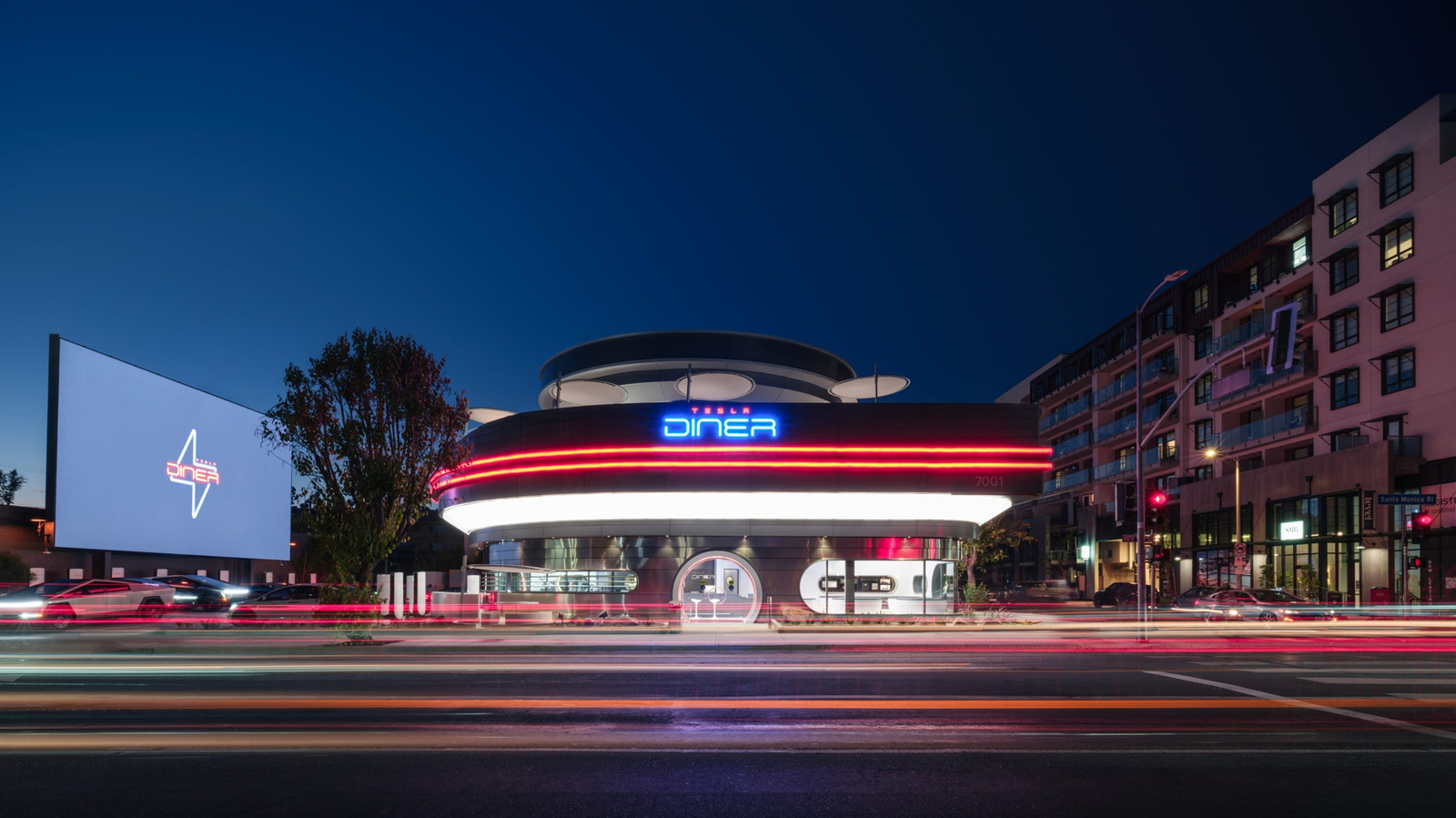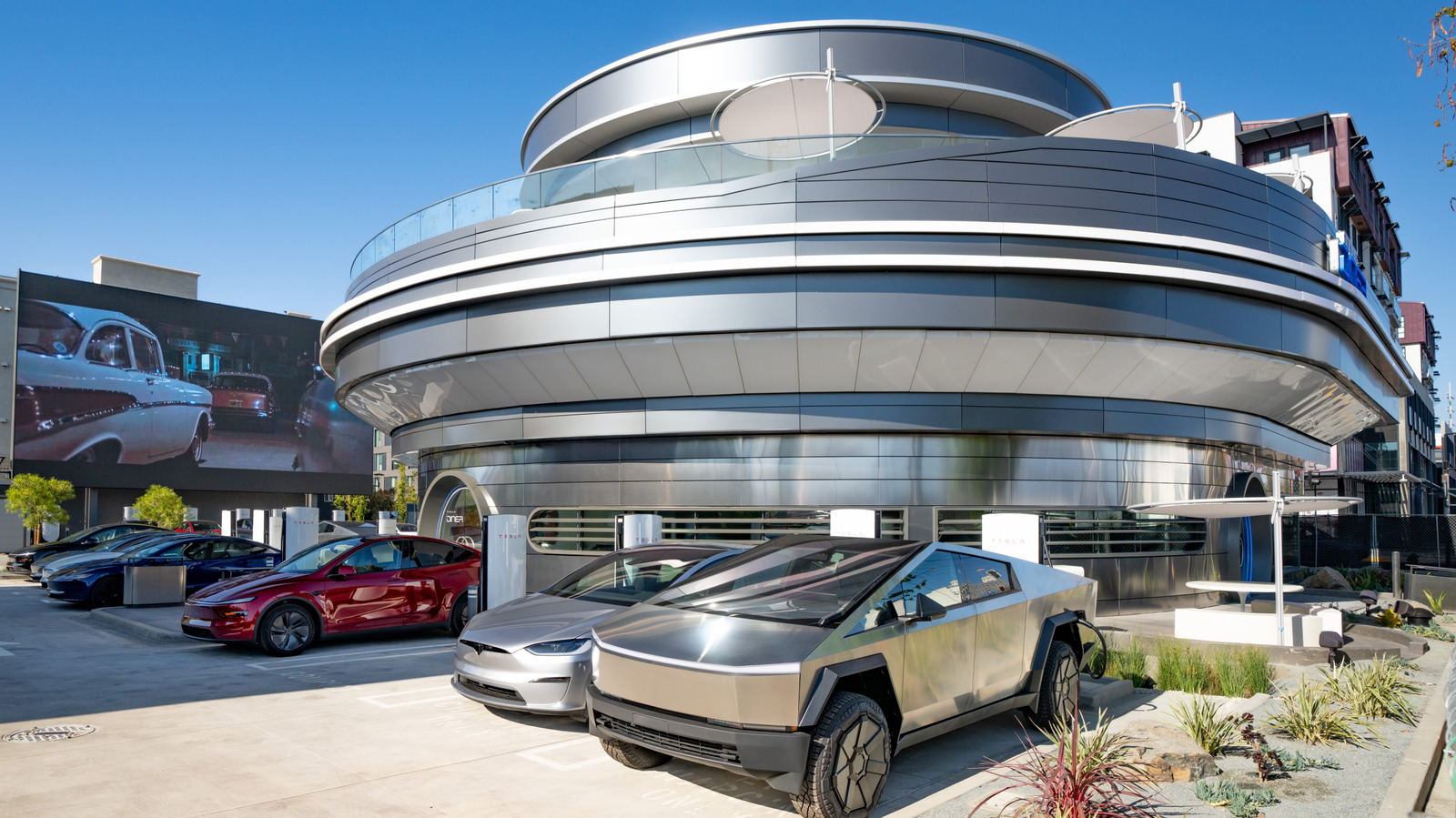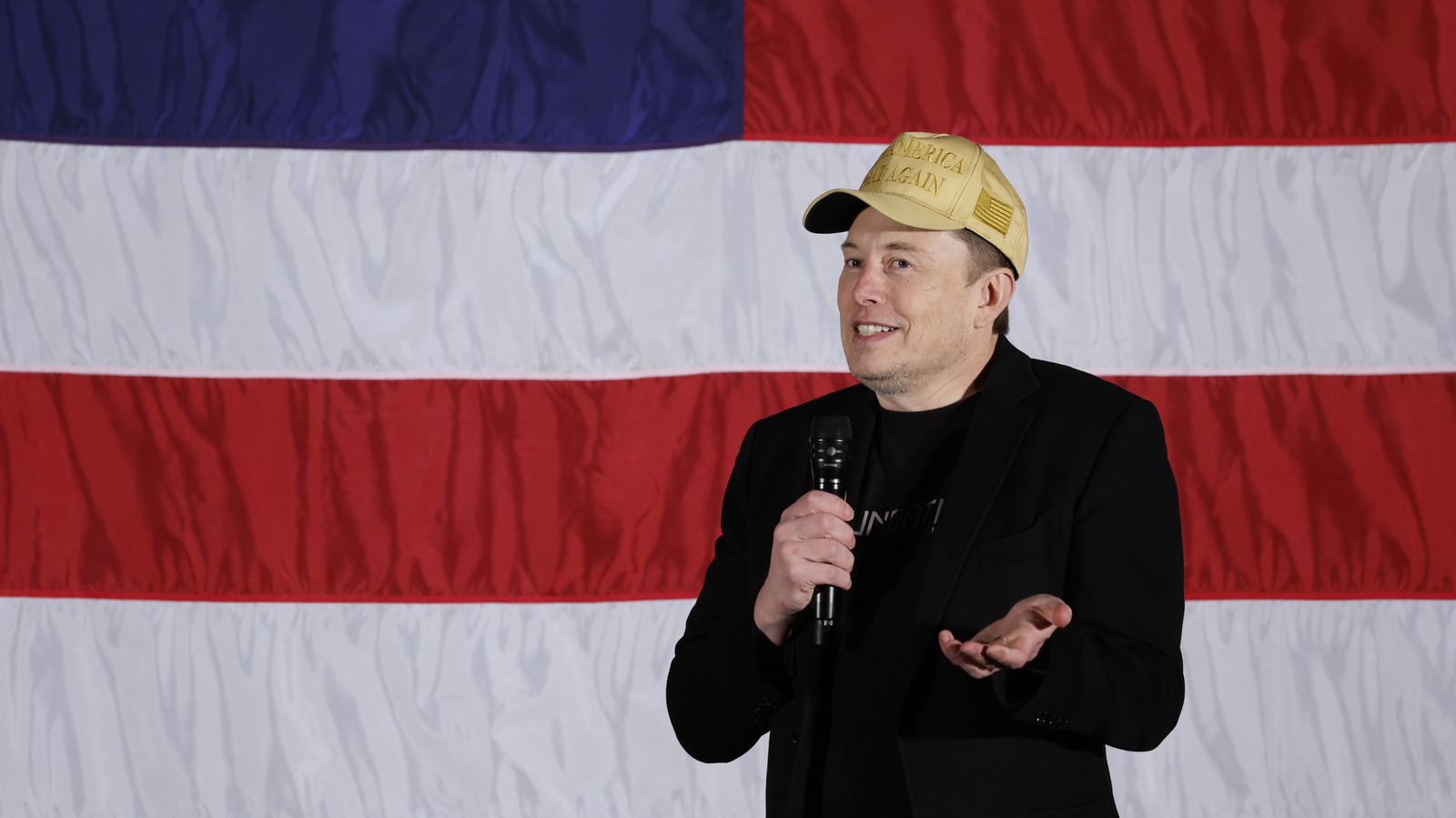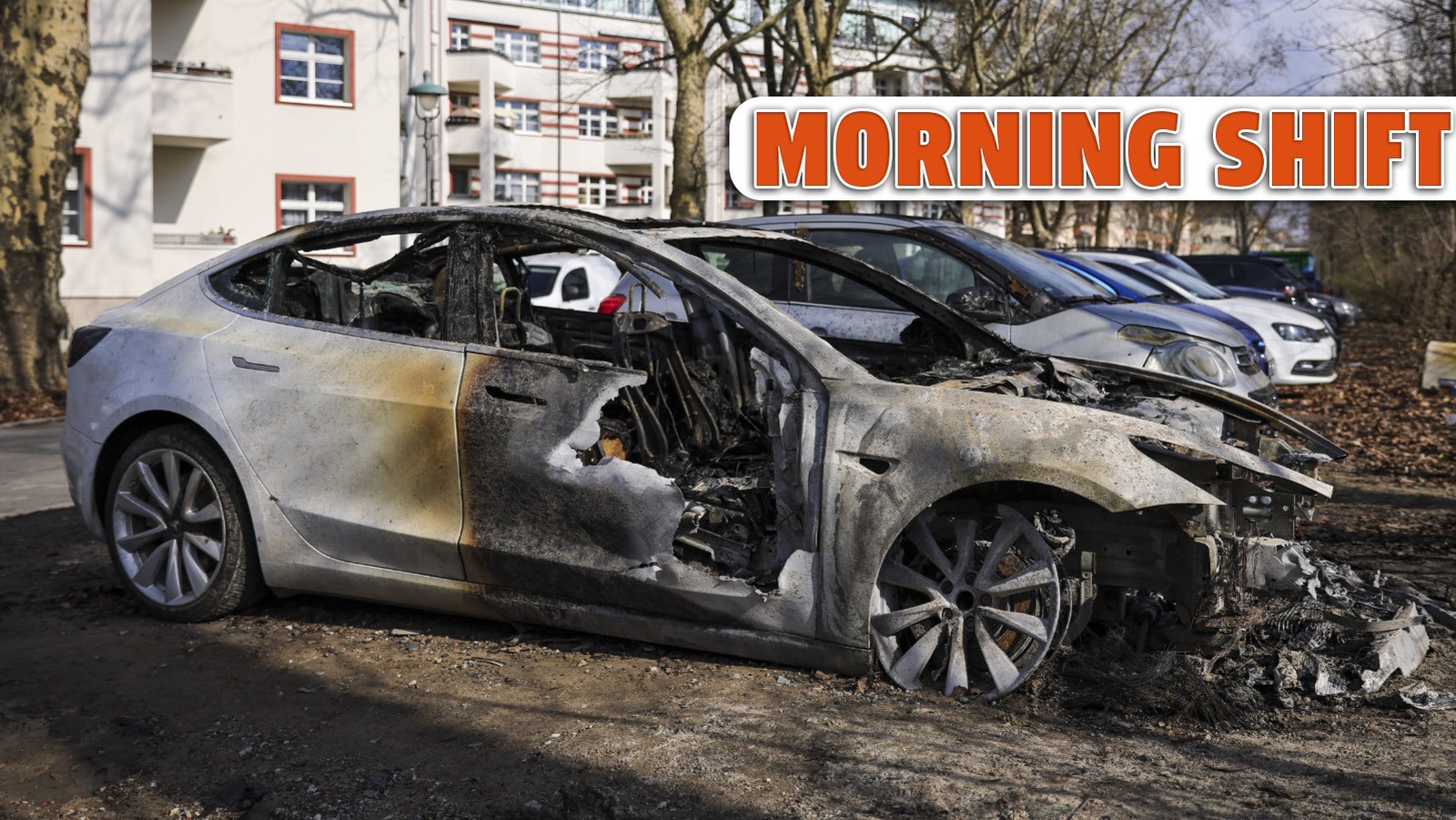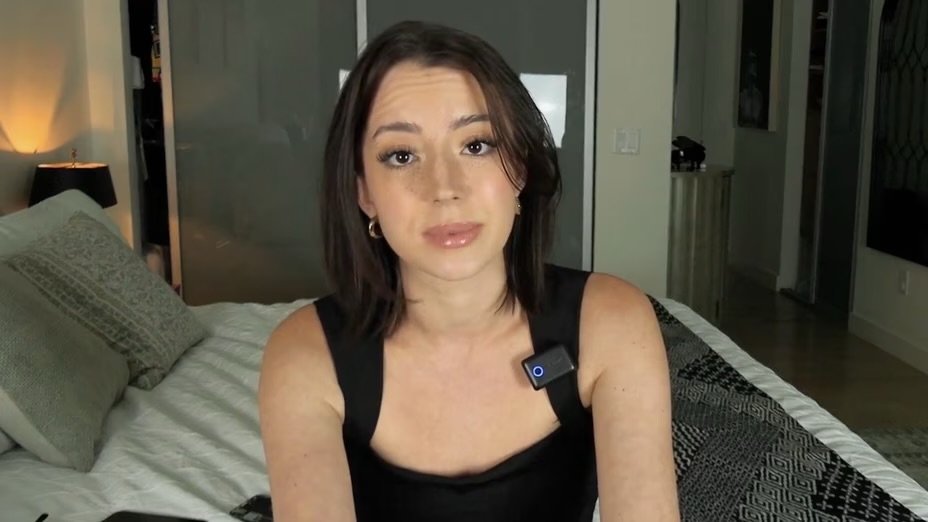
Tesla shuts down Dojo, the AI training supercomputer that Musk said would be key to full self-driving | TechCrunch
The disbanding of Tesla’s Dojo efforts follows the departure of around 20 workers, who left the automaker to start their own AI company dubbed DensityAI focused on data center services for industries.
Tesla shuts down Dojo, the AI training supercomputer that Musk said would be key to full self-driving
Rebecca Bellan
3:19 PM PDT · August 7, 2025
Tesla is breaking up the team behind its Dojo supercomputer, ending the automaker’s play at developing in-house chips for driverless technology, according to Bloomberg.
Dojo’s lead, Peter Bannon, is leaving the company, and the remaining team members will be reassigned to other data center and compute projects within Tesla, per Bloomberg’s reporting, which cited anonymous sources.
The disbanding of Tesla’s Dojo efforts follows the departure of around 20 workers, who left the automaker to start their own AI company called DensityAI. The new startup is reportedly coming out of stealth soon and is building chips, hardware, and software that will power data centers for AI that are used in robotics, by AI agents, and in automotive applications. DensityAI was founded by former Dojo head Ganesh Venkataramanan and ex-Tesla employees Bill Chang and Ben Floering.
It also comes at a crucial time for Tesla.
CEO Elon Musk has pushed to get shareholders to view Tesla as an AI and robotics company, despite a limited robotaxi launch in Austin this past June that featured Model Y vehicles with a human in the front passenger seat and resulted in a number of reported incidents of the vehicles exhibiting problematic driving behavior.
Tesla’s decision to shut down Dojo, which Musk has been talking about since 2019, is a major shift in strategy. Musk has said that Dojo would be the cornerstone of Tesla’s AI ambitions and its goal to reach full self-driving due to its ability to “process truly vast amounts of video data.” He talked about Dojo, albeit briefly, as recently as the company’s second-quarter earnings call.
In 2023, Morgan Stanley predicted Dojo could add $500 billion to the company’s market value by unlocking new revenue streams in the form of robotaxis and software services. Just last year, Musk noted that Tesla’s AI team would “double down” on Dojo in the lead-up to Tesla’s robotaxi reveal, which happened in October.
But talk about Dojo halted around August 2024, when Musk began touting Cortex instead, Tesla’s “giant new AI training supercluster being built at Tesla HQ in Austin to solve real-world AI.”
The Dojo project was one part supercomputer, one part in-house chip-making. Tesla unveiled its D1 chip when it formally announced Dojo at its first AI Day in 2021. Venkataramanan presented the chip, which Tesla said would be used alongside Nvidia’s GPU to power the Dojo supercomputer. The automaker also said it was working on a next-gen D2 chip that would solve any information flow bottlenecks of its predecessor.
Sources told Bloomberg that now Tesla plans to increase its reliance on Nvidia, as well as other external tech partners like AMD for compute and Samsung for chip manufacturing. Tesla last month signed a $16.5 billion deal with Samsung to make its AI6 inference chips, a chip design that promises to scale from powering FSD and Tesla’s Optimus humanoid robots all the way to high-performance AI training in data centers.
During Tesla’s second-quarter earnings call, Musk hinted at potential redundancies.
“Thinking about Dojo 3 and the AI6 inference chip, it seems like intuitively, we want to try to find convergence there, where it’s basically the same chip,” Musk said.
The news comes as Tesla’s board offers Musk a $29 billion pay package to keep him at Tesla and help push the company’s AI efforts forward, rather than getting too sidetracked by his other companies, including the more pure-play AI startup xAI.
TechCrunch has reached out to Tesla for more information.

